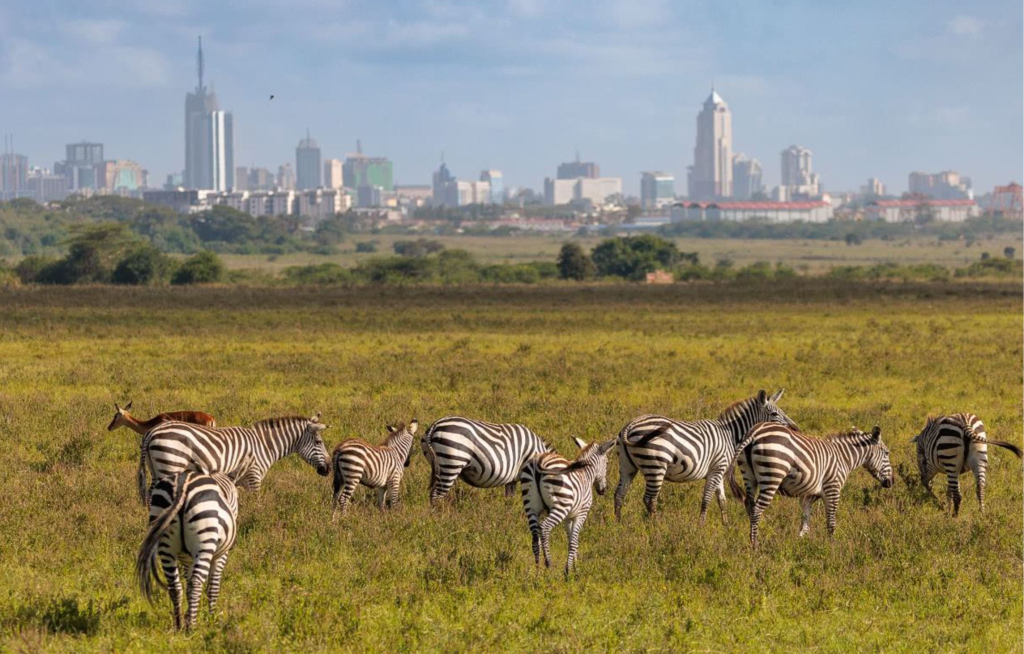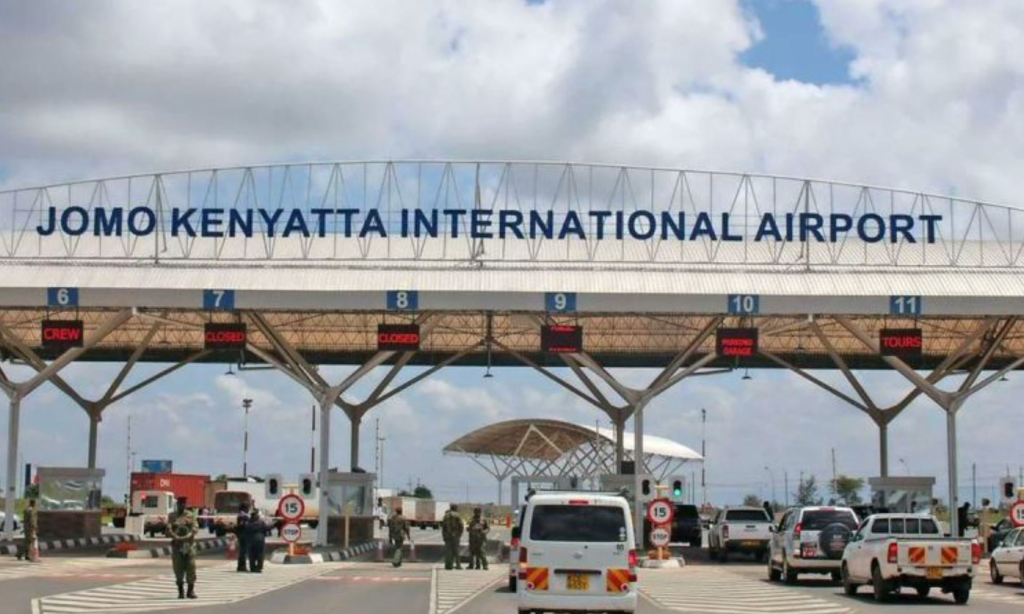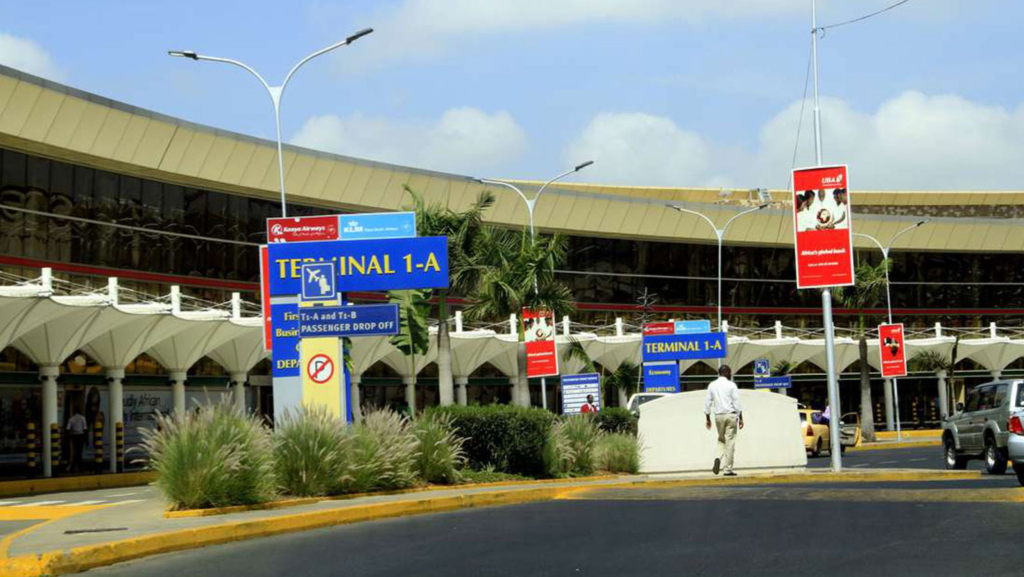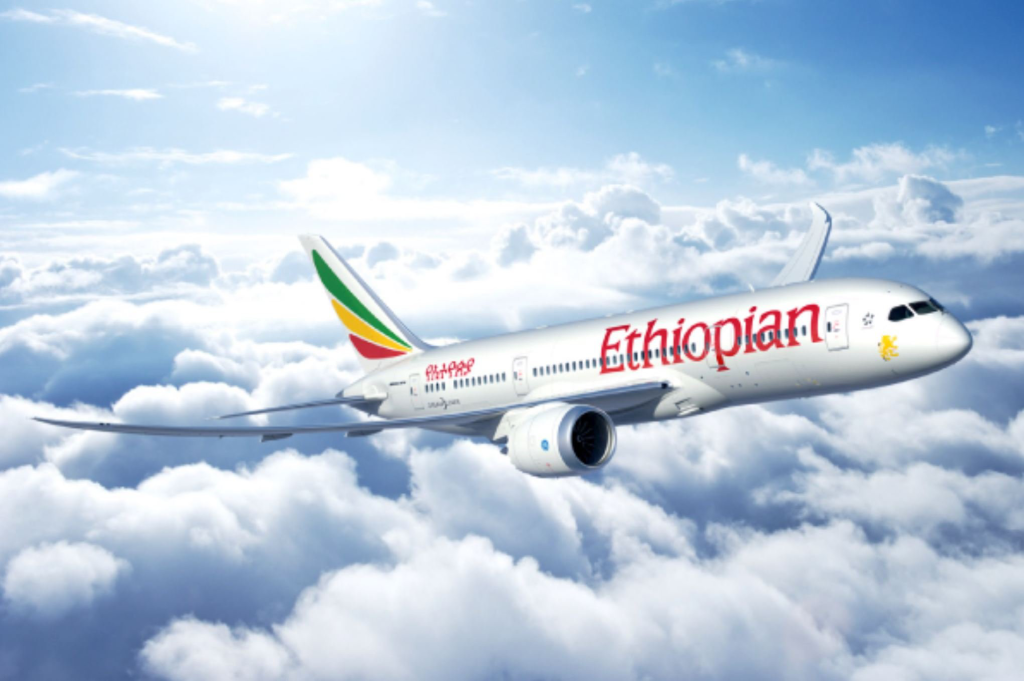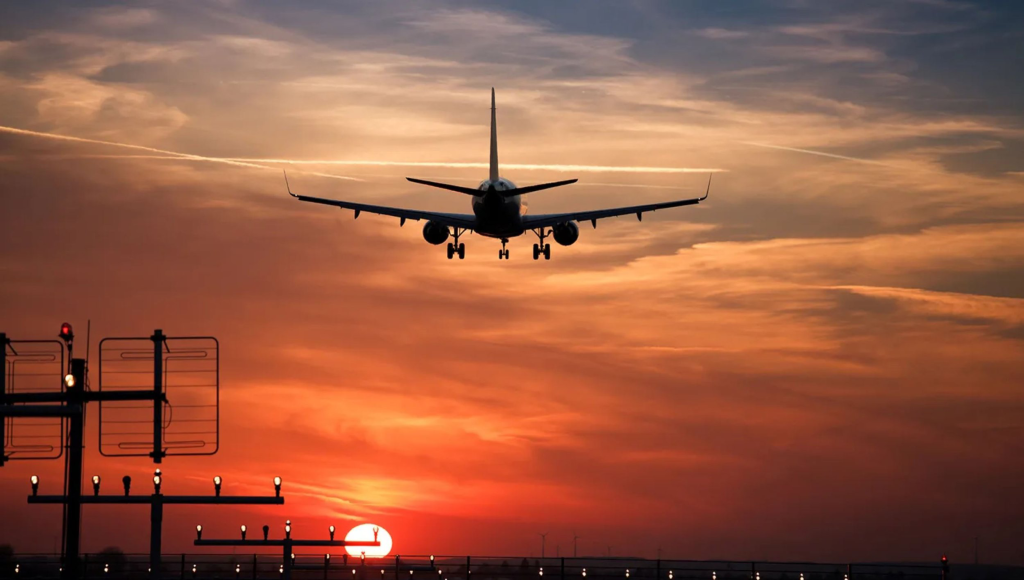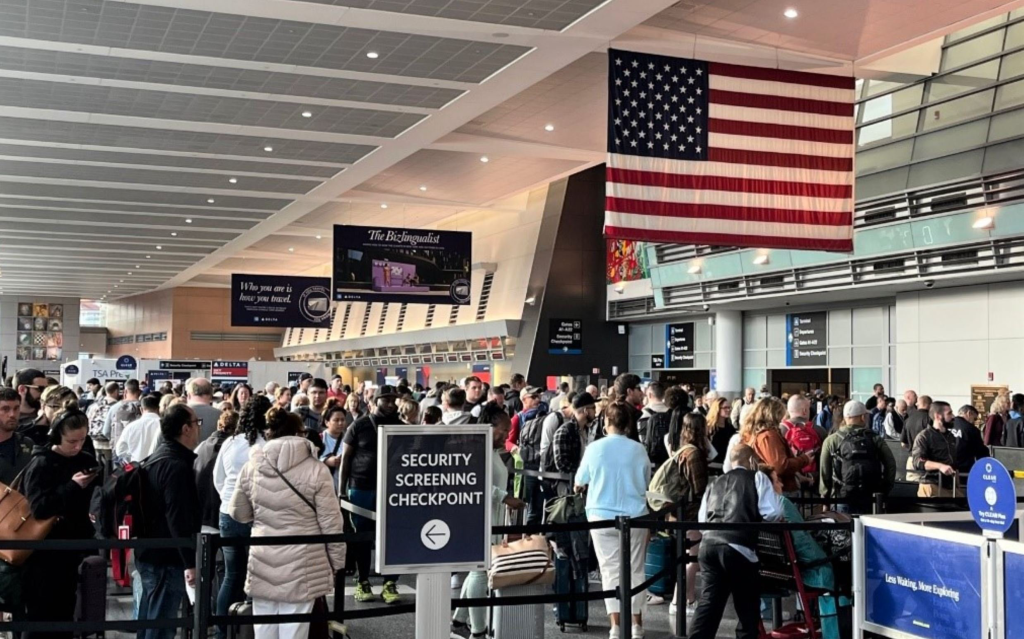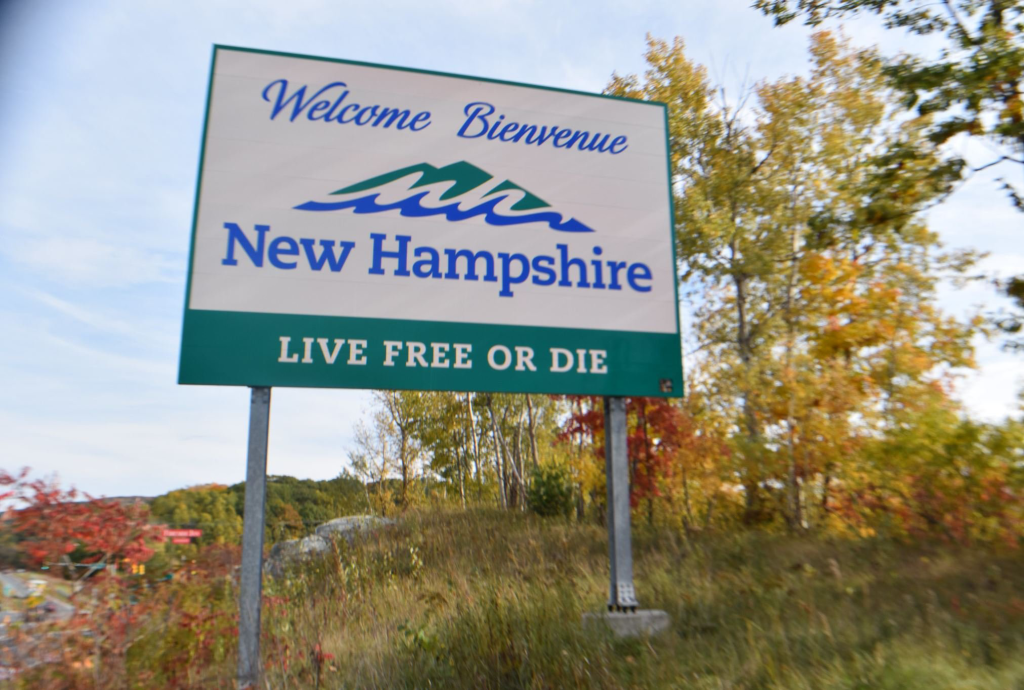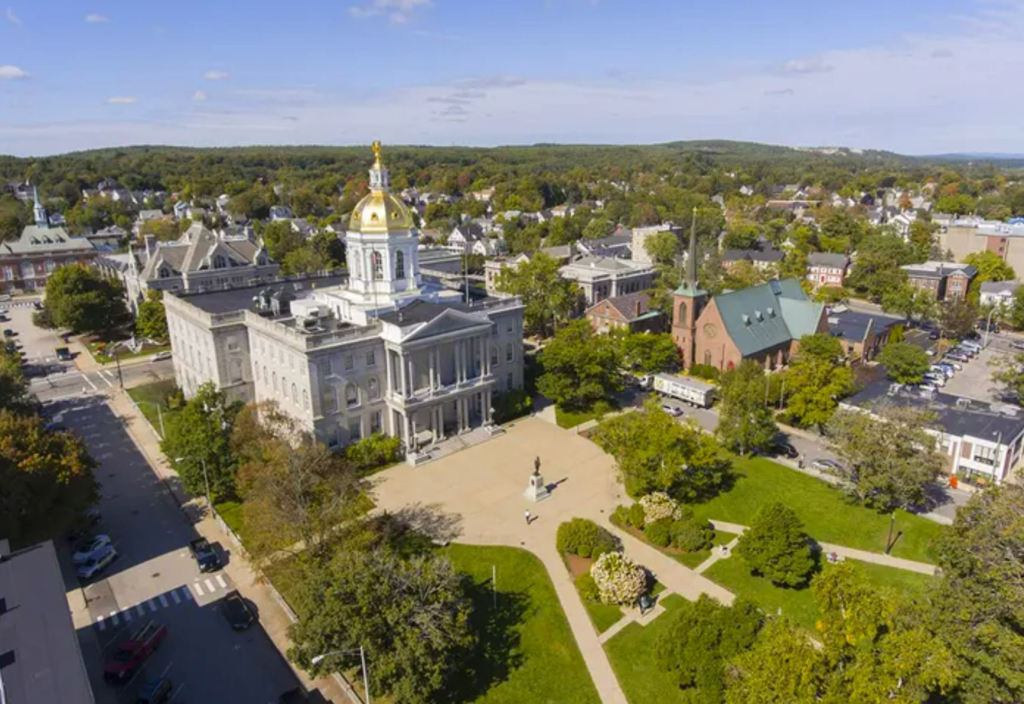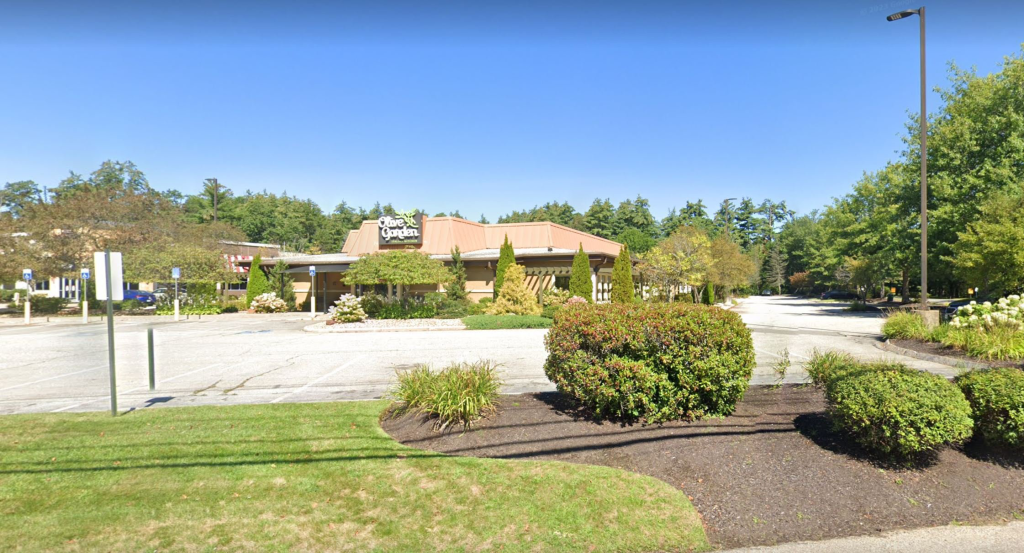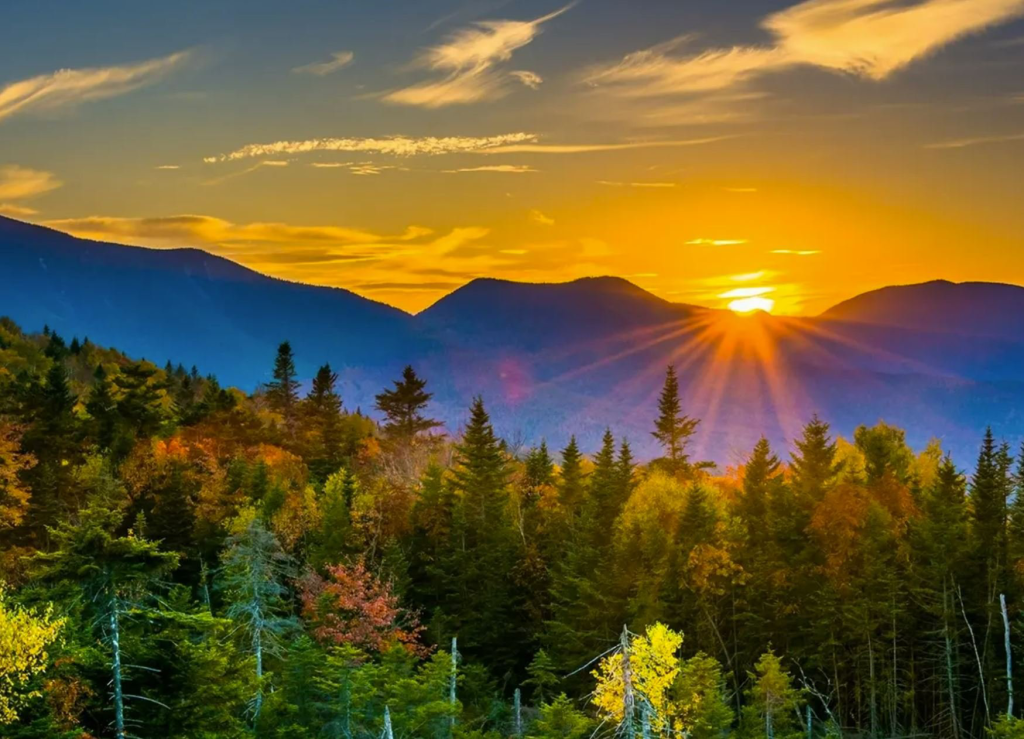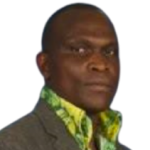Certainly! In this heartwarming story, Papa Tom and Mama Sue’s farmhouse in Dunbarton, New Hampshire, served as a haven of tradition and love, where the echoes of generations past resonated in its every corner. However, the couple’s love for adventure drew them to a lakeside cottage on the serene shores of Lake Ossipee. As fall’s fiery hues painted the landscape, they embarked on boat journeys with their family, forming deeper connections and creating lasting memories. This annual ritual united them with Brent, Jessica, and their families, forging a tight-knit bond amidst nature’s breathtaking beauty. Amidst these moments, the author couldn’t help but feel immense gratitude to the Creator for orchestrating such a beautiful and love-filled chapter in their life’s story.
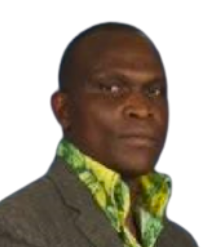
Dr. William A. Twayigize
- Home
- About Us
- Testimonies
- The Long Walk
- My Homeland
- A Day With My Father
- The Village Traditional Healer
- A Murder On Boxing Day
- My Last Football Match
- Our Prophets And Patriarchs
- The Assassination of the Presidents
- The RPF Massacres of Hutus in Zaire/DRC
- The Fall of Mobutu
- The Hutu Refugees Massacres in Picture
- A Hellish Journey to Rwanda
- Killed From The Altar
- The Origin of Hatred
- Arriving In Kenya
- A Scarred Past
- Coming to America
- Arriving in America
- Ministries
- Contact Us
